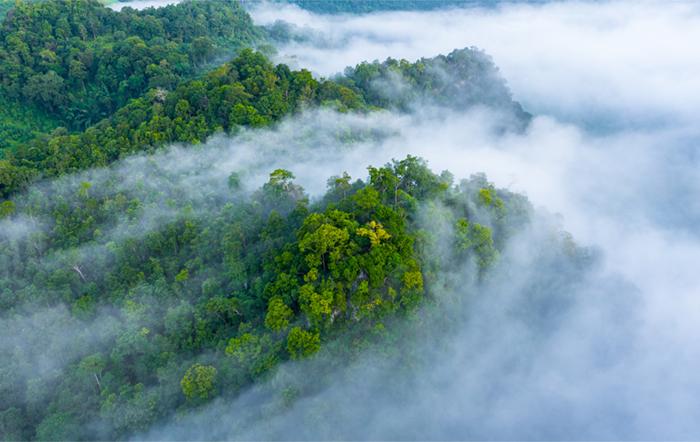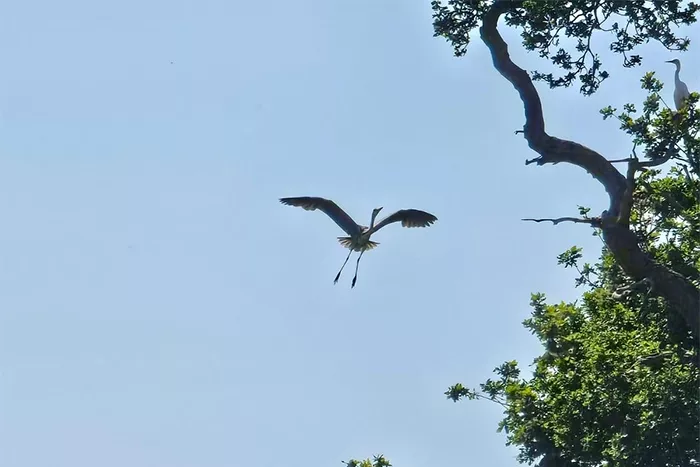The atmosphere’s growing thirst for water is making droughts more severe, even in places where rainfall has stayed the same. New research by Dr Solomon H. Gebrechorkos and Prof Simon Dadson et al in SoGE, published in Nature, finds that this “thirst” has made droughts 40% more severe across the globe.
News
Dr Raghav Pant Highly Commended in the 2020 Vice-Chancellor Innovation Awards
Congratulations to Dr Raghav Pant (Senior Research Associate, Environmental Change Institute) who has been Highly Commended in the Early Career category of the Vice-Chancellor Innovation Awards 2020 for his work on 'New modelling tools to help governments and decisions makers minimise the risks from infrastructure failures'
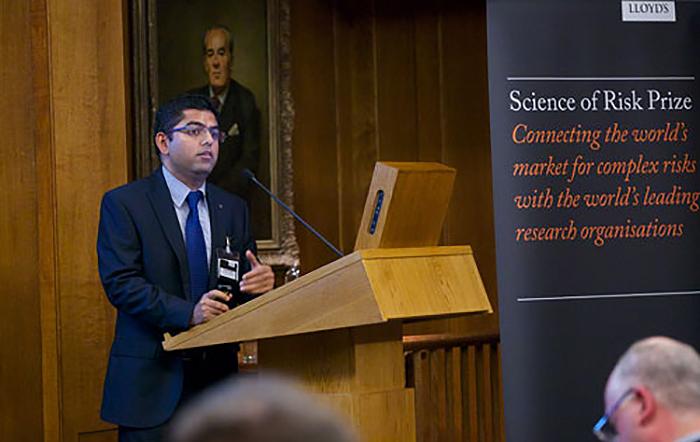
EU makes world's biggest 'green recovery' pledge - but will it hit the mark?
After 90 hours of intense negotiations, European Union leaders reached a COVID-19 recovery deal that included devoting nearly 550 billion euros to green projects over the next seven years - the largest single climate pledge ever made. With comment from Brian O'Callaghan, researcher at the Smith School of Enterprise and the Environment. [Reuters]

Eyes in the sky: Investors reach for new tools to gauge climate change risk
A growing network of asset managers, academics, start-up entrepreneurs and campaigners are working to harness an armada of recently deployed satellites to better predict the economic impact of global warming. At the forefront of this work, the Spatial Finance initiative - led by Ben Caldecott - explores the integration of geospatial analysis into financial decisions for information markets, financial products, and risk management. [Reuters]

Treat the System, Not the Symptoms: Covid-19 lessons for the Climate Crisis
The business response to Covid-19 can teach us vital lessons about the climate emergency, say Aoife Brophy Haney (Smith School and Said Business School) and Peter Drobac (Skoll Centre for Social Entrepreneurship) in the Independent. Three features of business responses offer critical insights for ways to accelerate the response to the climate crisis: people, place and partnership.

Immediate action needed to stem the flow of plastic into the ocean, finds report
A new analysis by The Pew Charitable Trusts and SYSTEMIQ, in collaboration with the University of Oxford, the University of Leeds, Ellen MacArthur Foundation, and Common Seas, found that the annual flow of plastic into the ocean could nearly triple by 2040. The release of this report coincides with the publication of 'Evaluating Scenarios Toward Zero Plastic Pollution', in the journal Science and co-authored by Richard Bailey (Professor of Environmental Systems).
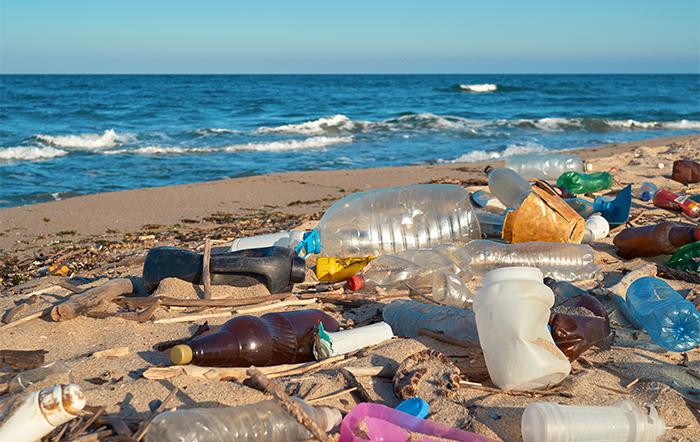
Dr Emma Howard awarded the Royal Meteorological Society's prestigious Malcolm Walker prize
Dr Emma Howard, recent doctoral graduate from the African Climate team in SoGE and member of the UMFULA research project, has been awarded the Royal Meteorological Society's prestigious Malcolm Walker prize.

Pioneering food systems teaching programme steps into the virtual sphere
In response to COVID-19 lockdown restrictions, the Interdisciplinary Food Systems Teaching and Learning (IFSTAL) programme held its first online summer school to resounding success at the end of June 2020. IFSTAL is coordinated by the Food Systems Transformation Group within the Environmental Change Institute, University of Oxford.

Reducing the carbon footprint of academic travel post COVID-19
Prior to the global pandemic, researchers identified an uncomfortable truth: the very meetings and events meant to support the fight against climate change were themselves causing vast greenhouse gas emissions through international air travel. Building on learnings from the COVID-19 pandemic, a team of Oxford researchers have identified new measures, published this week in the journal Nature, that may reduce the carbon footprint of conference travel by up to 90%.

Dr Lorraine Wild wins Divisional Teaching Excellence Award for Outstanding Achievement
The School of Geography and the Environment's Academic Administrator, Dr Lorraine Wild, has won a Divisional Teaching Excellence Award for Outstanding Achievement.
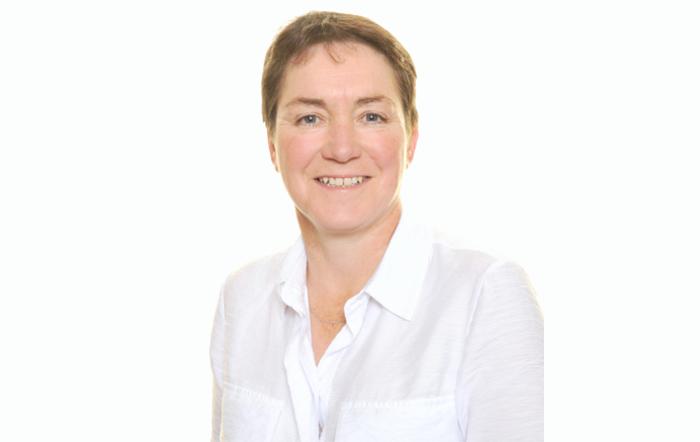
DPhil student Sabrina Li accepted into the Turing Enrichment Scheme at the Alan Turing Institute
DPhil student Sabrina Li has been accepted into the highly competitive Turing Enrichment Scheme at the Alan Turing Institute.



